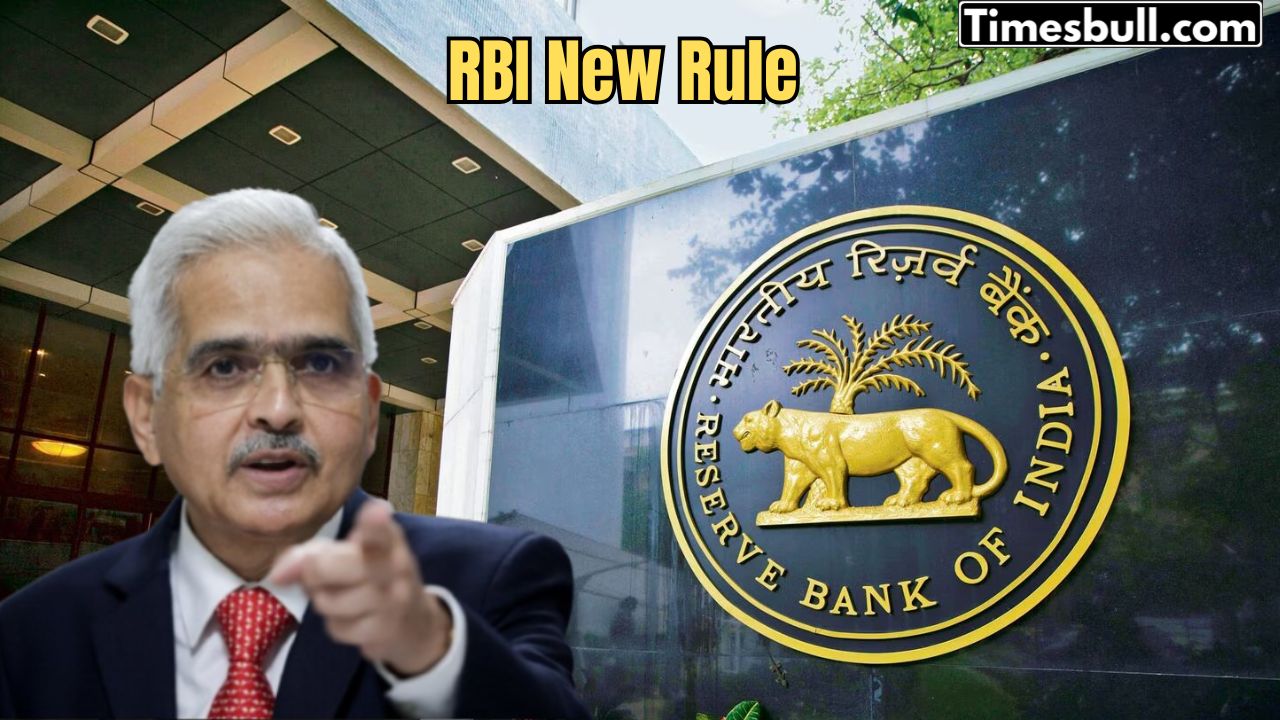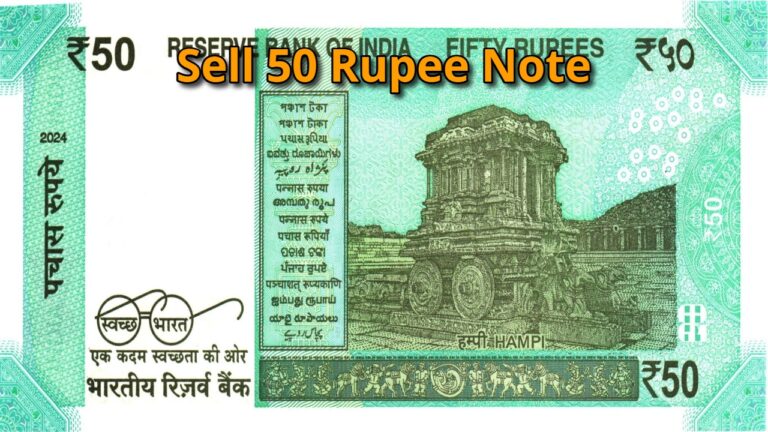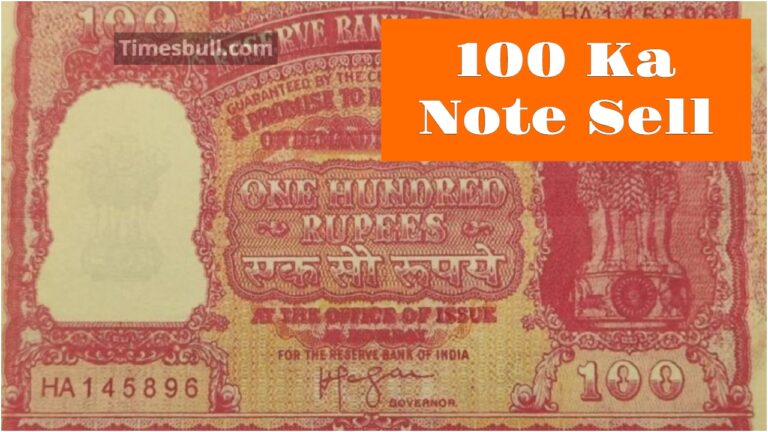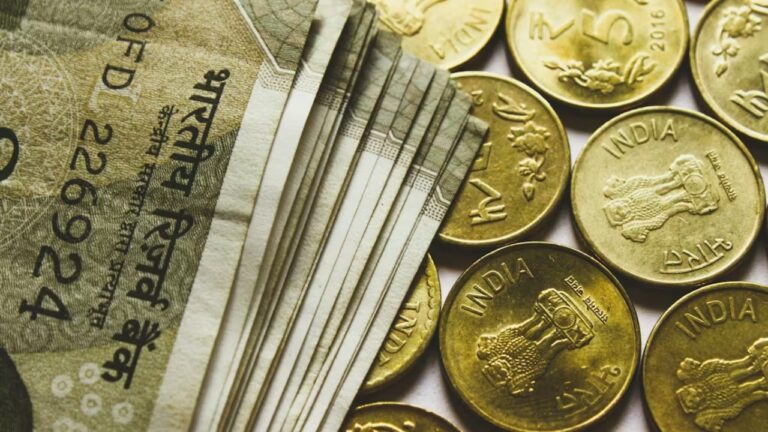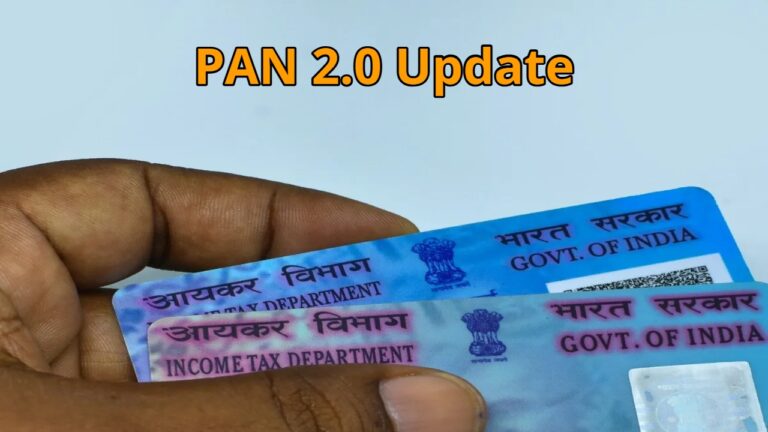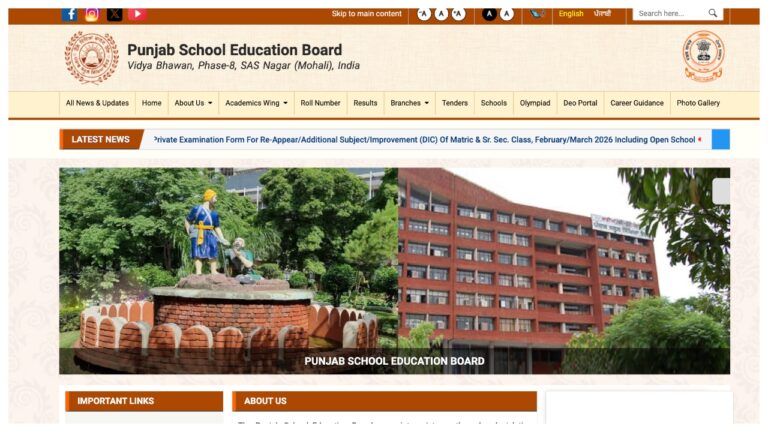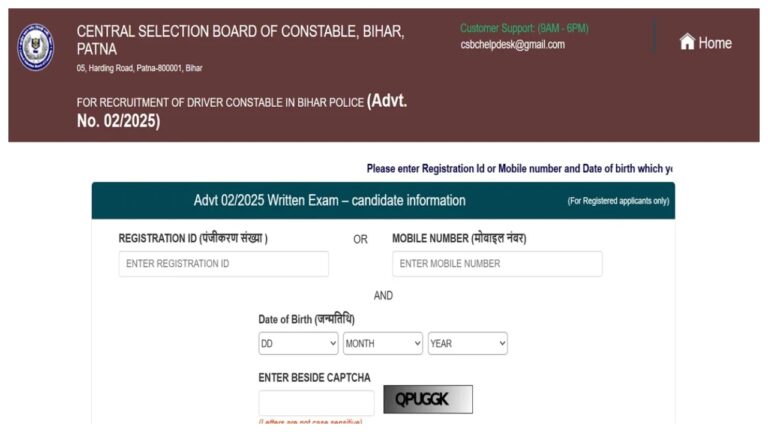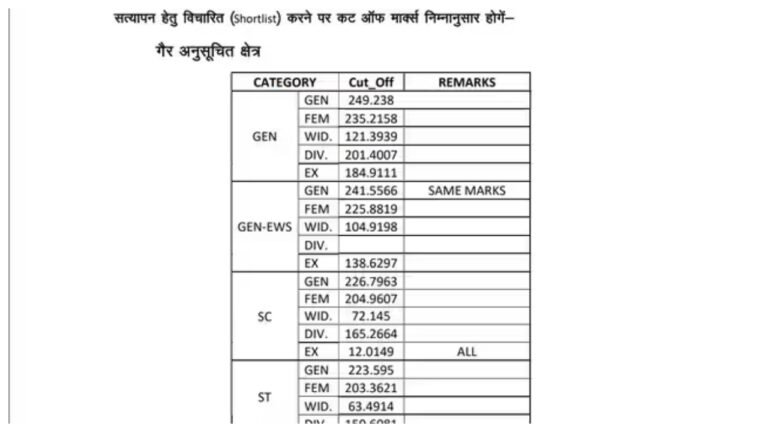If you have multiple bank accounts in your name, be careful now. The Reserve Bank of India (RBI) has issued a new guideline that states if you have multiple accounts and suspicious transactions are detected, you will have to pay a hefty fine. But why was this guideline introduced suddenly? Let’s find out the real reason behind it.
What is the New RBI Rule?
The new rule from the Reserve Bank of India (RBI) says that if a person has more than one bank account and any suspicious transaction is found, they will have to pay a fine of up to Rs 10,000. This rule has been made to stop fraud, black money, and theft in digital banking.
However, people who have more than one account and use them properly do not need to worry. If you use all your accounts for normal transactions, there will be no problem.
Why Was This Rule Made?
Fraud, fake accounts, and black money have been increasing in the last few years. Criminals open many bank accounts in the same name to do fake transactions or scams. Online scams using multiple accounts are also common. This rule was made to stop these crimes.
Today RBI has allowed resident Indians to open bank accounts in GIFT City in foreign currencies!
This could be to
1) buy stocks, bonds, ETFs abroad
2) education fees payment
3) tourism related spendingOf course unutilised money should be remitted back in 6 months. pic.twitter.com/PjBlvndTS4
— Neil Borate (@ActusDei) July 10, 2024
What Happens If You Don’t Pay the Fine?
If you are fined for suspicious transactions and do not pay, legal action may be taken. Your bank account may be frozen, meaning you cannot make any transactions. If this happens again, your name may go on the RBI blacklist.
How to Avoid This Fine?
To avoid this fine:
- Use all your accounts regularly.
- Do not do any suspicious transactions.
- Keep a record of all your banking transactions.
- Close any accounts that you don’t need.
- Never share your bank details with anyone to avoid scams.
